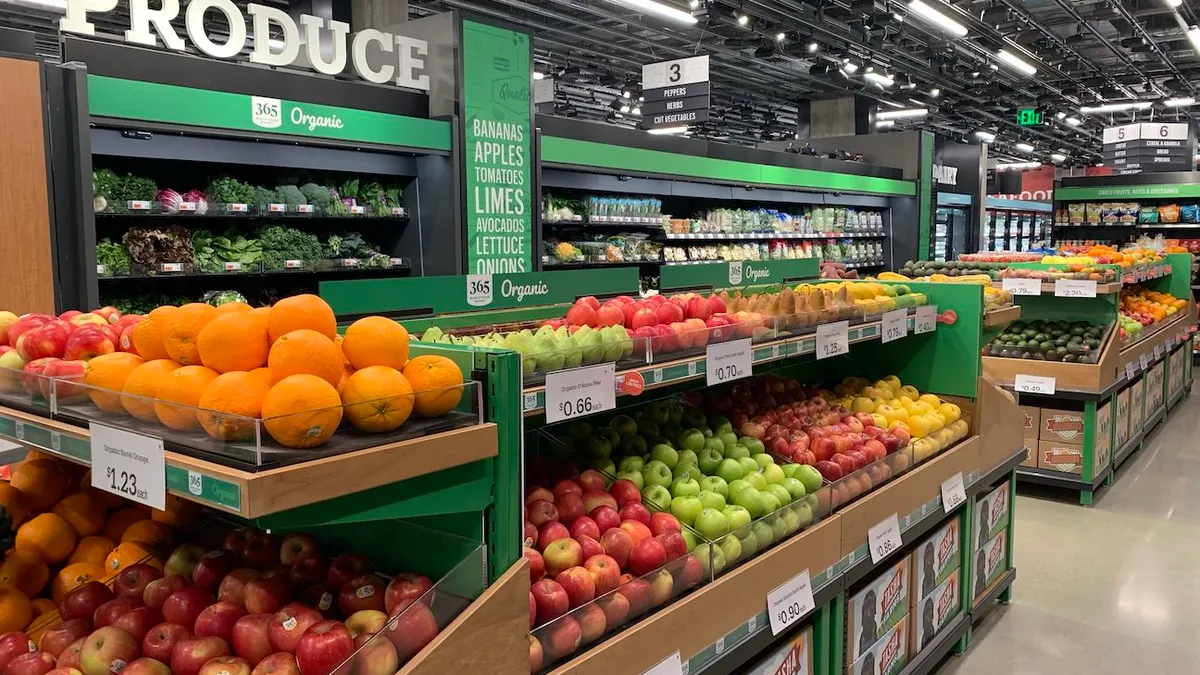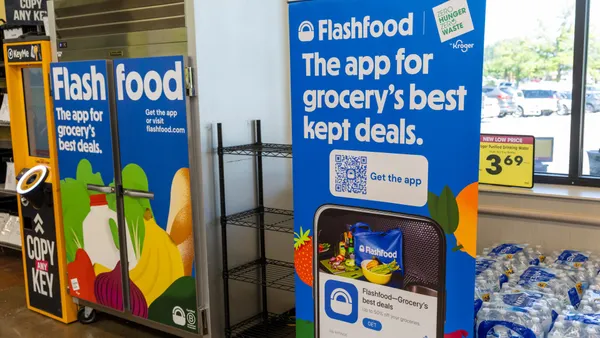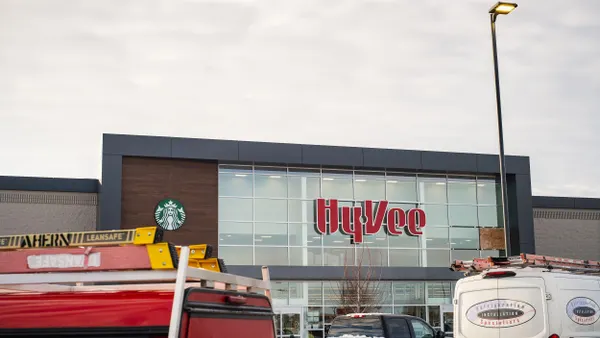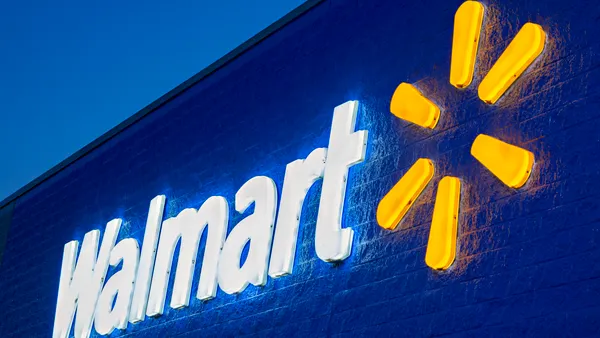Dive Brief:
- Apeel announced on Tuesday that it has acquired machine learning company ImpactVision to further its food waste reduction efforts. Terms of the deal were not disclosed.
- With ImpactVision’s imaging technology, Apeel can now collect data about produce freshness, ripeness and other quality aspects at the packing houses and distribution centers where Apeel’s invisible, edible “skin” is added to extend shelf life.
- The acquisition comes amid Apeel’s plans to double its number of supplier partnerships as companies invest more money in combating food waste.
Dive Insight:
This is the first acquisition for Apeel, which raked in hundreds of millions in new funding in 2020. The company said last May that it raised $250 million, clinching its unicorn status with a valuation over $1 billion, and then announced $30 million in October to apply its technology to smallholder farms across the globe.
California-based Apeel says that its added protective layer for produce, which works to slow the rate of water loss and oxidation, doubles shelf life.
With the acquisition, Apeel will add ImpactVision's hyperspectral imaging technology to application systems that its suppliers use. Machine learning processes the data from the produce images, quantifying how fresh it is and determining the ripening window for each piece of fruit. Suppliers can use that information to decide how to sort and ship.
"Now, we're expanding our technology to bring to light the previously invisible characteristics of produce, including internal quality, phytonutrient content, and environmental impact," James Rogers, CEO of Apeel, said in a statement. "Using the insights enabled by Apeel's imaging technology, our partners will effectively be able to 'see' inside of every fruit and vegetable.”
Currently, Apeel has 30 supplier integrations across North America, South America and Europe, and plans to double its partnerships by the end of 2021. The company’s growth plans come at a time when grocers are increasingly looking for ways to combat food waste. Among retailers, nearly 35% of the 10.5 million tons of surplus food they generate ends up in landfills or incinerated, with produce accounting for nearly a third of that waste, according to the nonprofit ReFED. Nearly half is caused by consumer uncertainty surrounding product freshness, the organization found.
Apeel has teamed up with several grocers, including Schnuck Markets, The Fresh Market, Kroger, Price Rite and ShopRite. Last year, the company linked up with Wakefern Food Corp. and Walmart.












